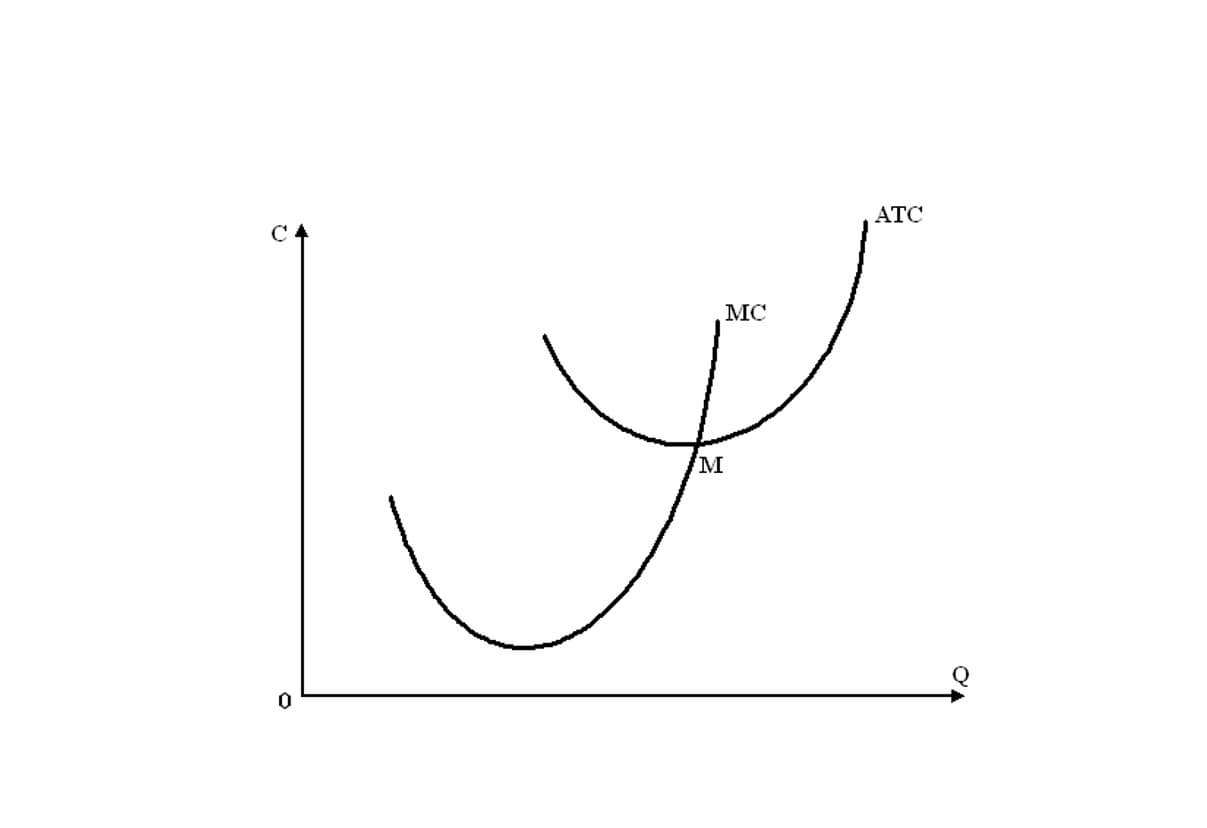
Often holding a CPA, controllers are accounting experts whose skill set and knowledge base revolve primarily around GAAP, tax laws, and financial reporting. A CAO may be found preparing an ESG report one week, assisting the CFO on budgeting the next week, and planning for an IPO the next. The CFO, the senior finance executive, is in charge of strategic financial direction, corporate governance, risk management, financing, and board liaison. The CFO provides top level financial information to the board and translates the board’s strategies into viable financial plans. A controller most often reports to the CFO, although in some companies they report to the chief operating officer (COO) or the chief executive officer (CEO). Over the past several years, we have seen the chief accounting officer (CAO) emerge as an elevated, strategic leadership role.
Accountant vs. Controller
- Take our one-question “flash survey” and share your input on a timely issue facing controllers and chief accounting officers.
- A controller is an individual who has responsibility for all accounting-related activities, including high-level accounting, managerial accounting, and finance activities, within a company.
- You must be proficient in accounting software, databases, and project management applications.
- Chief accountants develop financial strategies, oversee the accounting department, make investment decisions, and develop financial strategies.
- For one thing, the CAO has a unique, cross-organization view of the business’s performance and trajectory.
Again, the accounting leader of today — and the future — must be much more than just a strong technical accountant. The CAO is being asked to understand a wide range of issues, lead a team with a wider range of skills, and communicate to the CFO, the CEO and the board in a clear and confident way. They are closely involved with broader decision-making chief accounting officer vs controller and are key figures not just on accounting issues, but finance matters in general. At the end of the day, both the Controller and CAO are vital to ensure good financial stewardship of a business. They provide complementary services and together help to create an organized system of record keeping and financial management.

Controller roles and responsibilities
- It would bring added value to the organization while simultaneously minimizing risk exposure.
- Staying ahead of trends requires significant dedication but ultimately helps keep organizations one step ahead of the competition over time, leading to improved long-term profitability.
- Equally important, and perhaps more important initially, is a controller who can ensure accurate financial reporting that becomes the foundation for future strategy and growth.
- A good CAO can also interpret this information strategically to inform productivity measures or other decisions made by senior management.
- Nahum, who will join on July 1, 2024, brings with her significant financial and international management experience from leadership roles at publicly listed technology companies.
- The controller is in charge of the company’s overall financial management, which includes reporting, budgeting, and making plans for the future.
You could boil down the choice between mid-level accountant and controller to one between specialization and general control. Most accountants become increasingly specialized and narrowed in their career focus over a few years, in part because that helps fuel higher salaries. Controllers can’t afford to be experts in just one area since they have to oversee entire accounting operations and offer systemic advice to their contemporaries.
Controller vs. Chief Accounting Officer: Which Management Position Suits You Best – Recommended Reading

A Controller is responsible for managing the company’s financial activities and accounts. This includes developing and maintaining accounting policies and procedures to ensure accuracy and compliance. The controller also prepares financial statements, reports, analyses, and other documents to present detailed information about the company’s finances. Senior-level accountancy jobs require a CPA designation and maybe even a certified management accountant (CMA), chartered financial analyst (CFA), or other professional designation. Senior financial accounting and reporting jobs might need three to six years of work experience, while tax accountants or junior auditors might only need one to three years after passing the CPA exams. In many situations, a company’s vice president of finance mimics the traditional role of CFO.
A CFO or VP of Finance are often higher-level positions that are on the executive team. Meanwhile, a controller is usually a lower-level position that is less involved in strategic planning https://www.bookstime.com/articles/how-to-invoice-as-a-freelancer or external affairs and mostly involved in internal reporting. Across all of the duties, a controller often works most with the collection, analysis, and consolidation of financial data.

Controller vs. Chief Accounting Officer: Which Management Position Is Best?
The race for Houston city controller is likely to hinge on name recognition, partisanship – Houston Public Media
The race for Houston city controller is likely to hinge on name recognition, partisanship.
Posted: Mon, 02 Oct 2023 07:00:00 GMT [source]

